The United States District Court for the Southern District of New York dismissed claims brought by U.S. residents trading on the Binance digital exchange on March 31, 2022, ruling that the plaintiffs' purchases of digital tokens were extraterritorial transactions that were not subject to federal or state securities laws in the United States. [1] This decision provides a lot more clarity for digital asset providers who are trying to figure out what the criteria are for claiming jurisdiction in the United States. It also lends credence to the idea that offshore corporations can gain access to US-based computer infrastructure without being subject to US jurisdiction.
Because Binance is a decentralized platform, the biggest of it's kind and home to several crypto like Bitcoin, Ethereum and Quint; the location of its principal place of business for jurisdictional purposes was a major point of contention in the case. Binance's location in Malta was only mentioned by the court.
The plaintiffs, all of whom are residents of the United States, began buying digital tokens on Binance in 2017. The tokens were first offered to investors in an initial coin offering (ICO) and then placed on Binance for secondary trading. Binance was paid a commission on each trade by the issuers in exchange for listing their tokens.
Investors were not informed that the tokens they were acquiring on Binance constituted securities under US law, according to the plaintiffs. Investors claimed they only learned of the tokens' status as securities on April 3, 2019, when the SEC's Strategic Hub for Innovation and Financial Technology released a report outlining a number of factors to consider when determining whether a digital token is a "investment contract" and thus a security under federal securities laws.
The federal district court approved Binance's move for summary judgment on two grounds: the plaintiffs' purchases were not domestic transactions subject to U.S. federal and state securities laws, and their claims were time-barred because they began proceedings too late.
Plaintiffs' arguments focused on whether purchases made on the Binance platform were sufficiently linked to the US to be subject to US securities regulations. The United States Supreme Court ruled in Morrison v. National Australia Bank Ltd. that federal securities rules apply to "transactions in securities listed on domestic exchanges, as well as domestic transactions in other securities."
An exchange is considered "domestic" under Morrison if it is required to register as a "national securities exchange." [5] If a "facility of [the] exchange [is] within or subject to the jurisdiction of the United States," registration is necessary. [6] Plaintiffs claimed that Binance is hosted on Amazon Web Services servers in the United States, and that Ethereum blockchain computers in the United States support some Binance transactions. The court determined that using third-party servers located at the third party's discretion was insufficient to classify Binance as a national securities exchange, citing a previous decision holding that transactions routed through computer servers in New York did not render RICO claims domestic in nature. [7] The plaintiffs were also unable to cite any precedent to support their allegation that Binance's other purported U.S. contacts—the use of English on the Binance website, several workers in California, and job advertising in the United States—are sufficient to form a domestic exchange.
[link] [comments]

You can get bonuses upto $100 FREE BONUS when you:
💰 Install these recommended apps:
💲 SocialGood - 100% Crypto Back on Everyday Shopping
💲 xPortal - The DeFi For The Next Billion
💲 CryptoTab Browser - Lightweight, fast, and ready to mine!
💰 Register on these recommended exchanges:
🟡 Binance🟡 Bitfinex🟡 Bitmart🟡 Bittrex🟡 Bitget
🟡 CoinEx🟡 Crypto.com🟡 Gate.io🟡 Huobi🟡 Kucoin.


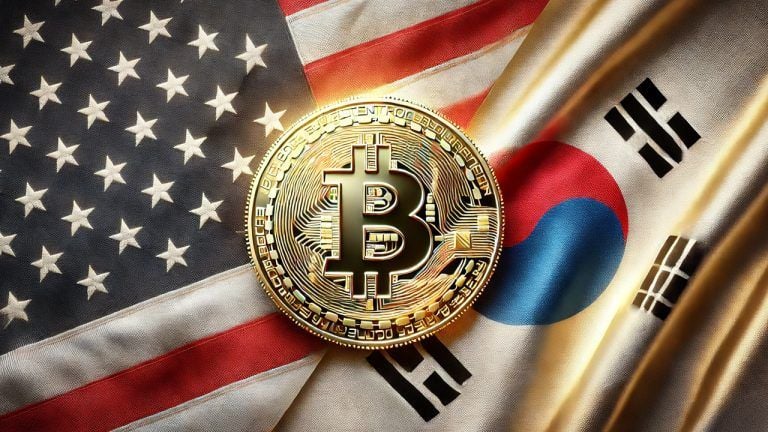

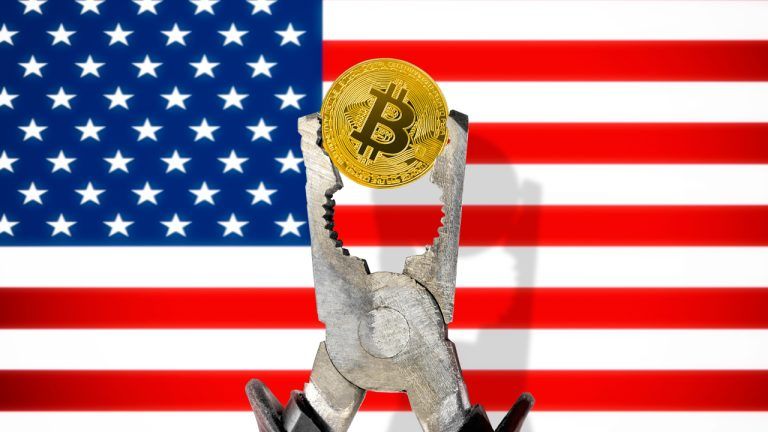



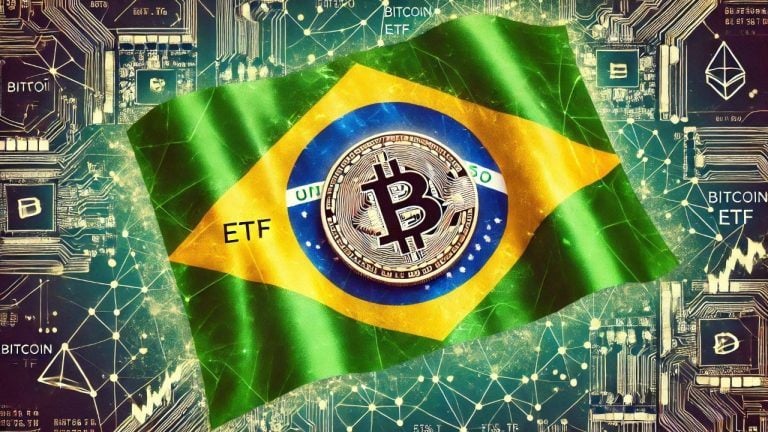



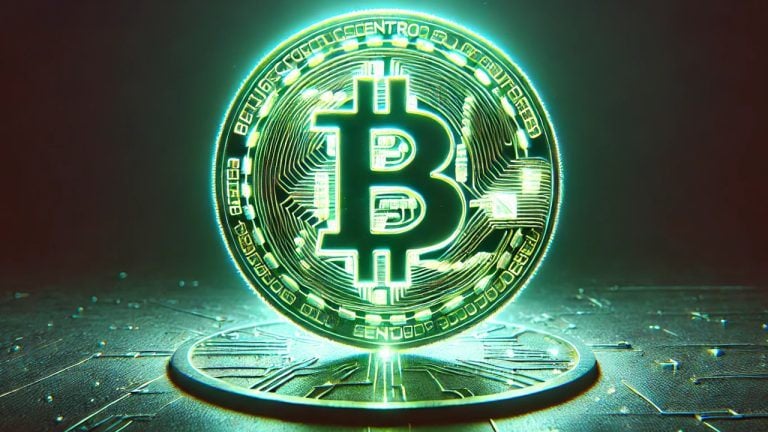


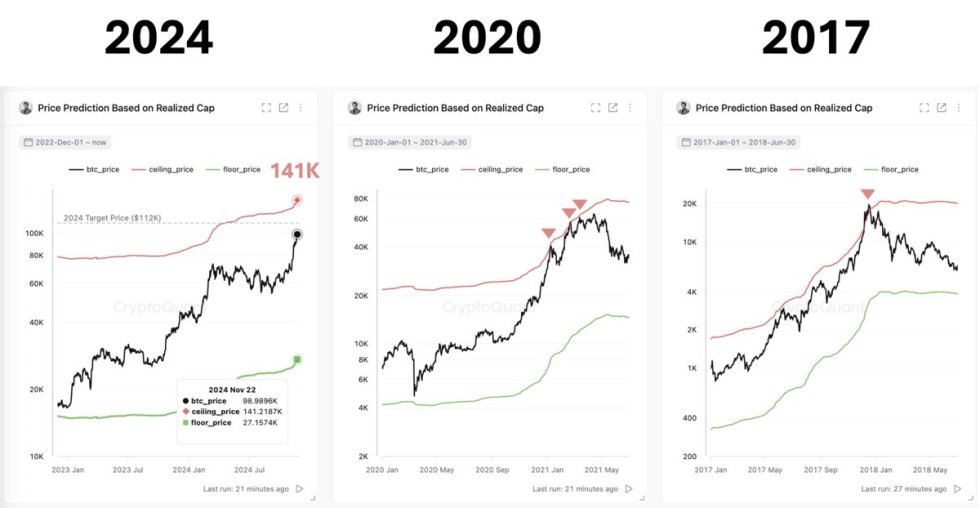




Comments